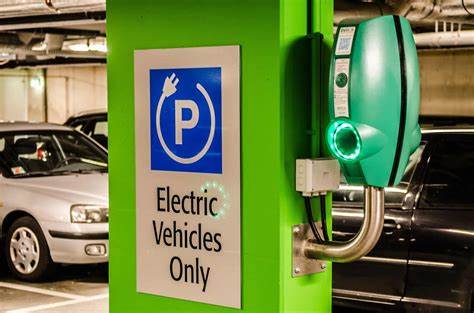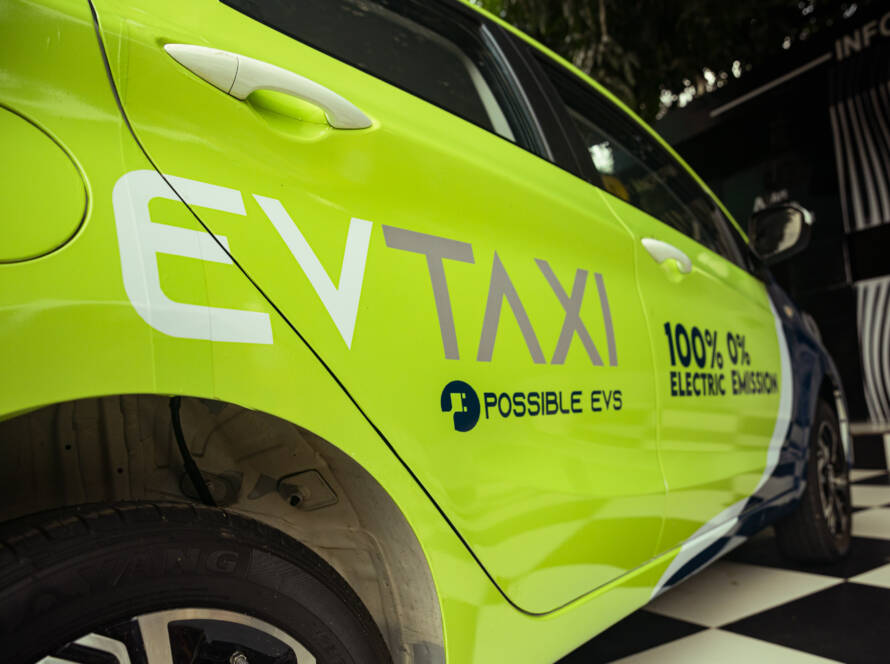Internal combustion engine (ICE) vehicles are extremely wasteful and inefficient. Only about 12% to 20% of the petrol used in ICE cars actually moves the vehicle forward. The remaining 80% is dissipated as heat, contributing to various environmental hazards.
To put this in perspective, of the 50 million liters of petrol consumed daily in Nigeria, only about 10 million liters effectively power vehicles. The remaining 40 million liters are lost to inefficiencies.
Approximately 68% of the fuel’s energy is lost as heat. You can often feel the heat radiating from under the car when you sit in a moving vehicle without AC. About 5% is consumed by the engine’s cooling system, which ironically uses the engine’s energy to cool itself. An additional 4% is lost due to friction in the drivetrain. And another 2% is used by systems like lights and infotainment.
This amounts to over 80% of the original fuel energy in ICE vehicles wasted due to various inefficiencies.
But EVs are not so. They are efficient by design. EV motors convert about 80% of their electric energy into usable power, with only 20% lost. This includes a 10% loss during charging and another 10% through the drivetrain and auxiliary components.
Although a huge percentage of our electricity in Nigeria is generated from coal (a method that is not emissions-free), research by BloombergNEF shows that carbon dioxide emissions from EVs are around 18% to 87% lower than those of equivalent internal combustion engine vehicles in 2021. This number will get even lower as countries transition away from coal and draw more energy from wind and solar farms.
The conclusion here is that electric cars produce fewer carbon emissions overall, even in places like Nigeria where electricity generation is still largely fossil-fuel-based.
The Need to Adopt EVs for Public Transport
Globally, the transportation sector contributes approximately 22-23% of the world’s energy-related CO₂ emissions, equivalent to around 8 billion metric tons annually. This makes it one of the largest sources of emissions, second only to the energy and industry sectors. The majority of these emissions come from road vehicles like cars, trucks, and buses.
Efforts to reduce transportation emissions through electrification, efficiency improvements, and the adoption of alternative fuels are key strategies for addressing climate change.
The potential benefits to the economy could be massive. For example, fuel prices in Nigeria fluctuate due to global market volatility, with petrol costs now exceeding ₦1000 per liter. An EV with a 60 kWh battery costs approximately ₦10,000 to fully charge at current electricity tariffs, while a comparable ICE vehicle might require ₦50,000–₦75,000 for a full tank. With the adoption of electric mobility, public transport fares could drop by 30–50%, saving households thousands of precious nairas monthly.
What about the impact on food prices?
Transportation is a major factor in food prices in Nigeria, often accounting for 30–50% of the final price in the market. Reduced transport costs from electrified fleets would translate to lower logistics costs for moving agricultural produce. The knock-on effect? More affordable food for Nigerians.
The global shift to EVs is a game-changer, and Nigeria stands to benefit greatly if it rides this wave. Possible EVS is making efforts to scale up electric mobility in Nigeria. But for this to succeed, individuals, businesses, and government agencies all have a role to play. Individuals can advocate for and use EVs where possible. Businesses can invest in EV infrastructure, like charging stations and assembly plants, creating jobs and boosting the economy. And the government can incentivize the EV industry through subsidies, tax breaks, and policies that support innovation and adoption.
Let’s make the shift to electric mobility now—for our economy, our environment, and future generations.


